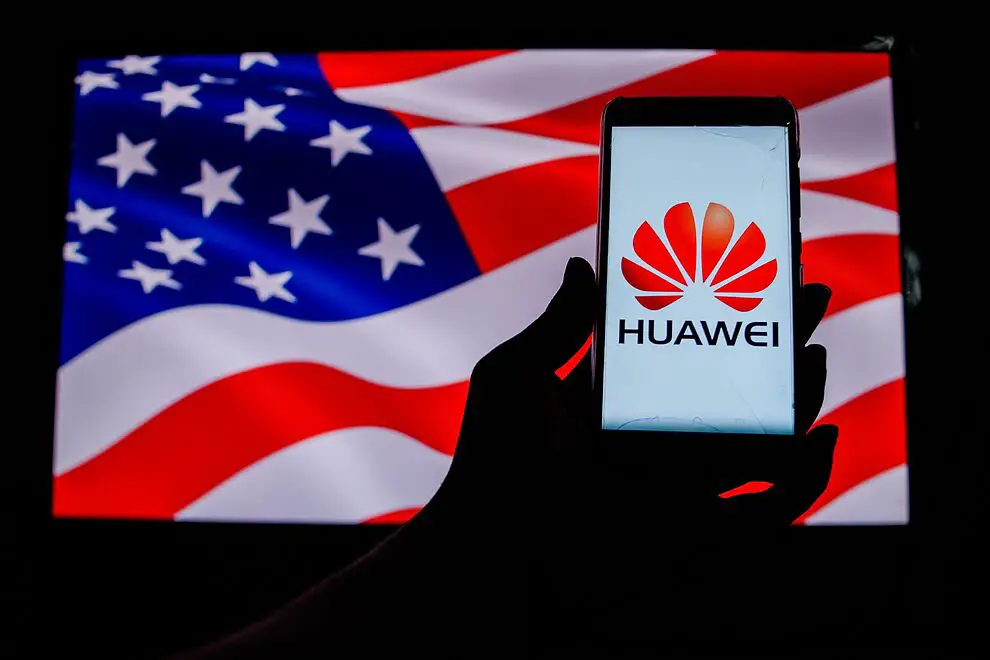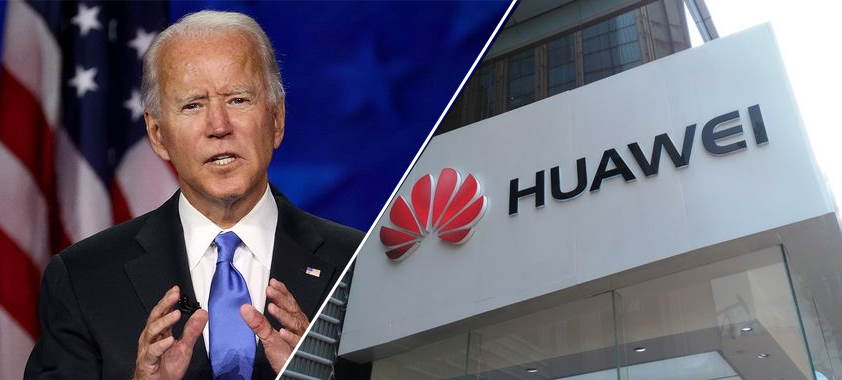After Biden elected as the president of the U.S, everyone was wondering if the current administration would remove the Huawei ban or not. Huawei has had a four-year battle that has ended with the company facing an uncomfortable status in the country. The company’s addition to the ‘Entity List’ that marks it as a company that presents potential dangers has affected its relationship with its allies and even the way it must present its devices.
Biden will not remove Huawei’s ban
Gina Raimondo, the current U.S. President’s nominee for Secretary of Commerce, has spoken about her position on the current status of companies like Huawei. Responding to questions from Republicans in the Senate, Raimondo assured that the current administration is in no rush to remove Huawei from the Entity List.
“I understand that parties are placed on the Entity List and the Military End User List generally because they pose a risk to U.S. national security or foreign policy interests,” said Raimondo, the Democratic governor of Rhode Island. “I currently have no reason to believe that entities on those lists should not be there. If confirmed, I look forward to a briefing on these entities and others of concern.”

Many have asserted that Biden’s position on these entities may change. While Raimondo’s response does not close the door, it also does not offer the opportunity for some of the restrictions to be loosened. Of course, this may change in the coming months as the current administration begins to review which policies of the former administration will continue.
In fact, it is possible that the change will be seen in less aggressive actions, not necessarily a cessation. Even within the Democratic Party, there are trust issues on relationships with the Chinese government. For now, the Biden administration will not remove Huawei’s ban but there will be a complete restoration of relations.
At the time, the Commerce Department claimed that Huawei was added to the list: “Huawei was added to the Entity List after the Department concluded that the company is engaged in activities that are contrary to U.S. national security or foreign policy interests, including alleged violations of the International Emergency Economic Powers Act (IEEPA), conspiracy to violate IEEPA by providing prohibited financial services to Iran, and obstruction of justice in connection with the investigation of those alleged violations of U.S. sanctions, among other illicit activities.”





